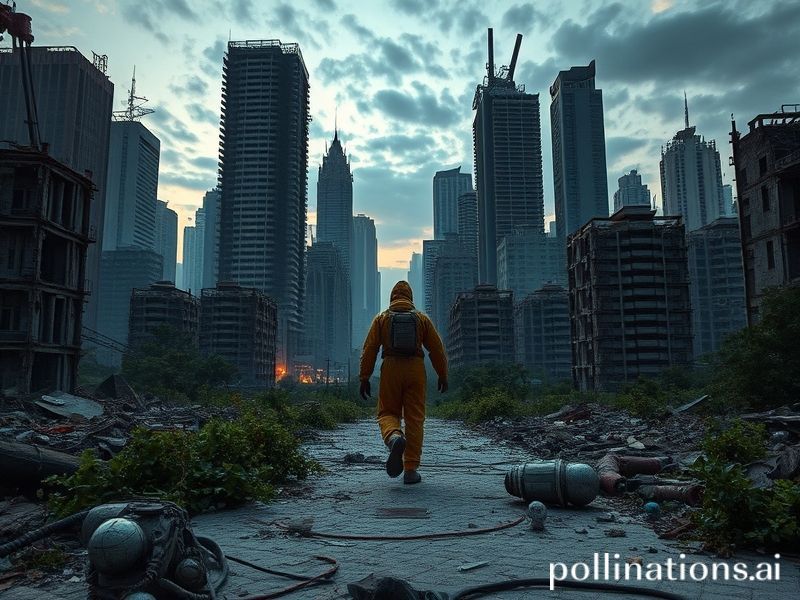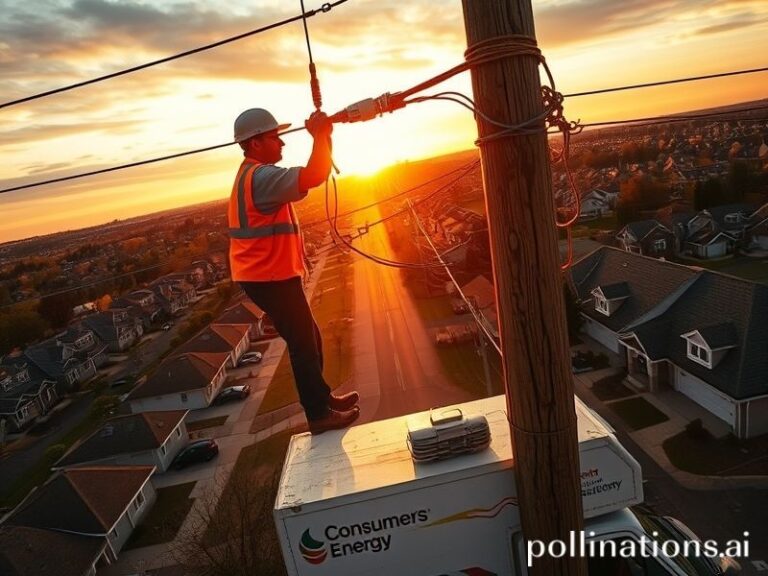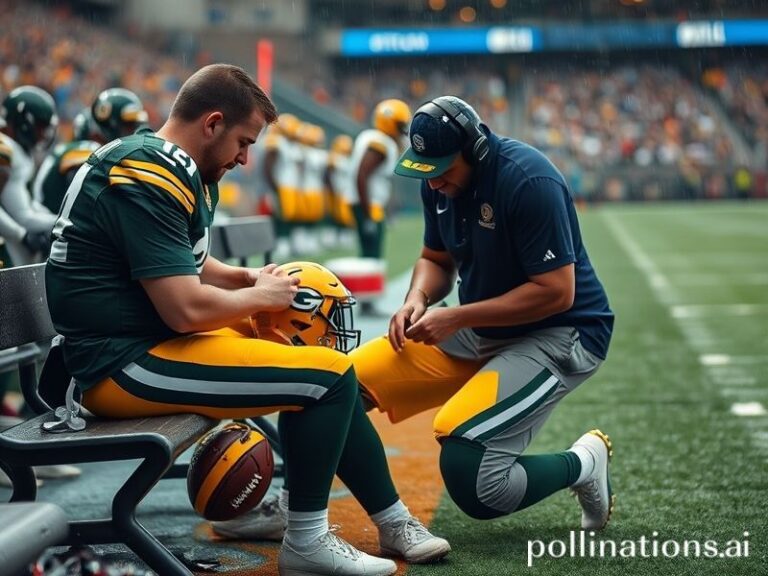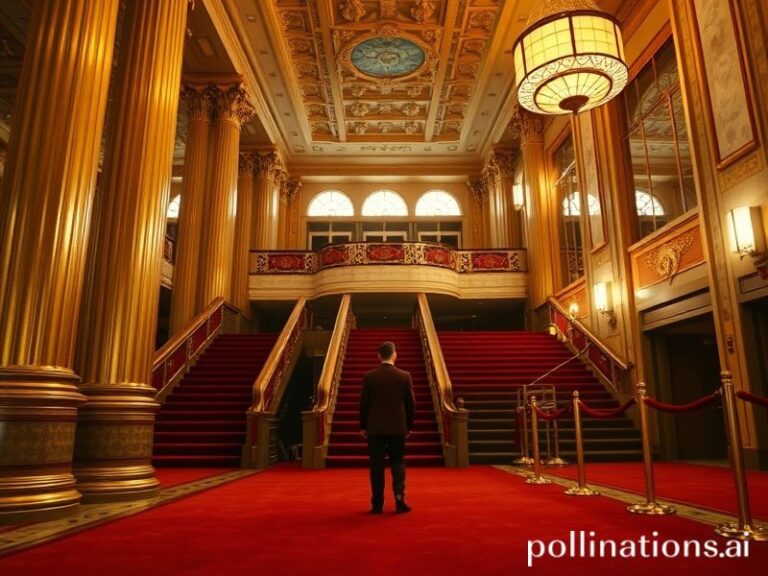Fallout: The Global Phenomenon That’s Got Us All Glowing
**Fallout: The Global Phenomenon That’s Got Us All Glowing**
Alright, folks, gather ’round. We need to talk about something that’s been making waves, causing buzz, and generally being the talk of the town (or should we say, the wasteland?). That’s right, we’re diving headfirst into the trend that’s got us all feeling like we’ve just stepped out of a 1950s bunker—**Fallout**.
Now, you might be thinking, “Fallout? Isn’t that just that old video game my cousin won’t stop yammering about?” Well, buckle up, because we’re about to explore why this post-apocalyptic powerhouse is trending globally, and trust me, it’s not just about pixelated vault dwellers and retro-futuristic aesthetics.
**The Cultural Context: A Nostalgic Nuclear Nostalgia**
Fallout, the video game series developed by Bethesda Game Studios, has been a staple in the gaming community since its inception in 1997. The games are set in an alternate 1950s-inspired post-apocalyptic world where nuclear war has devastated the planet, leaving behind a landscape of mutated creatures, rogue robots, and a society that’s just trying to make it work in the ruins.
But why the sudden resurgence in interest? Well, a few things. First, the recent release of *Fallout 76*, the online multiplayer iteration of the series, has brought a fresh wave of players into the fold. Second, the show *Fallout*, based on the game series, is coming to Amazon Prime Video, starring Ella Purnell and Walton Goggins. And third, let’s be real—there’s something oddly comforting about escaping into a world where the biggest problem is a raider with a lead pipe when the real world is, well, a bit of a dumpster fire.
**The Social Impact: A Shared Wasteland Experience**
Fallout isn’t just a game; it’s a cultural phenomenon. It’s a shared experience that brings people together, whether they’re teaming up to take down a super mutant behemoth or just debating the merits of Nuka-Cola vs. Nuka-Cola Quantum.
The series has also sparked countless memes, fan art, and even real-world fashion trends. Who hasn’t seen a friend rocking a vintage fallout-themed t-shirt or a pair of rad rad away glasses? The game’s unique blend of humor, nostalgia, and dark themes has made it a ripe target for internet culture, and the memes just keep on coming.
But perhaps the most significant impact of Fallout is its ability to make us think. The games explore complex themes like the dangers of nuclear war, the ethics of survival, and the power of community. In a world that’s increasingly divided, Fallout offers a reminder that we’re all in this together—even if “this” is a radioactive wasteland.
**Why It’s Significant: More Than Just a Game**
Fallout’s significance goes beyond its cultural impact. It’s a testament to the power of storytelling and world-building. The series has created a universe so rich and immersive that it feels like a real place, complete with its own history, lore, and even its own slang.
Moreover, Fallout has paved the way for other post-apocalyptic games and media, proving that there’s a massive audience for stories that explore the darker side of humanity—and the lighter side too, because let’s face it, nothing says “fun” like a robot butler serving you coffee.
**Conclusion: The Future of the Wasteland**
So, why is Fallout trending globally? Because it’s more than just a game. It’s a cultural touchstone, a shared experience, and a reminder that even in the darkest of times, there’s always room for a little humor, a little adventure, and a lot of rad rad away.
As we look to the future, one thing is clear: the wasteland isn’t going anywhere. And neither are we. So, grab your Pip-Boy, strap on your power armor, and let’s dive into the trend that’s got us all feeling like we’ve just stepped out of a 1950s bunker. Welcome to the world of Fallout—where every day is a good day to die.







